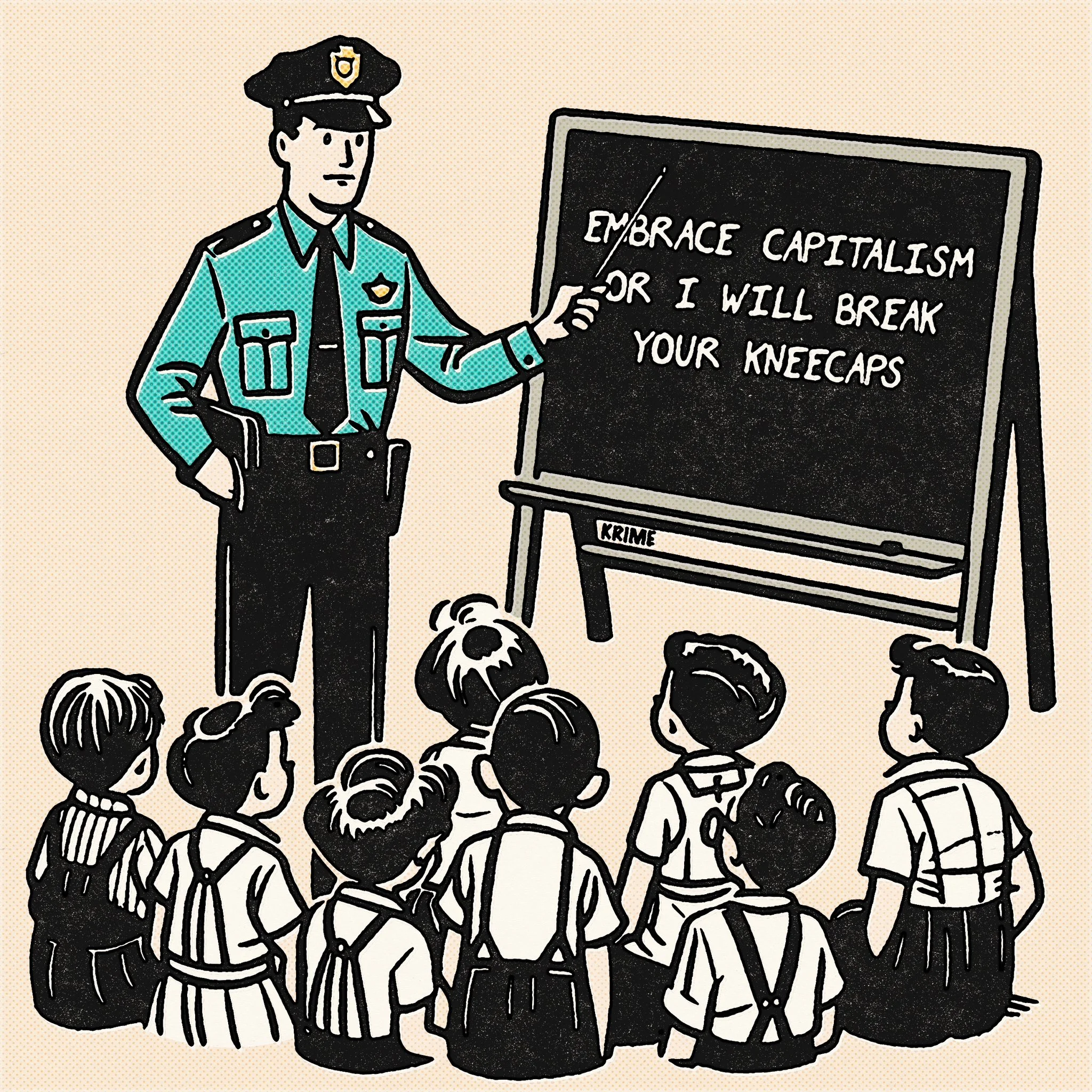The Core Issues Driving the Protests
Election Law Changes: The protests have been significantly fueled by recent amendments to Indonesia’s election laws. Many Indonesians view these changes as undermining democratic principles and increasing the influence of entrenched political elites. Some see the amendments as facilitating the manipulation of electoral outcomes, which has raised concerns about fairness and transparency in the democratic process.
Political Corruption: Corruption remains a longstanding issue in Indonesian politics. The perception of widespread corruption among political elites, including members of powerful political dynasties, has contributed to popular frustration. Many protesters are demanding a fair trial and punishment for the offenders, as well as greater accountability and transparency from relevant institutions such as the Corruption Eradication Commission (KPK).
Additional Factors
Historical Grievances: Indonesia has a history of political turbulence, and recent protests are influenced by historical grievances, including previous movements against authoritarian rule and corruption. The legacy of the Suharto era and the 1998 Reformasi (“Reformation”) movement continues to impact people sentiment and activism to this day.
Economic Discontent: Economic issues also play a significant role. Rising inequality, unemployment, and dissatisfaction with economic policies have fueled discontent. Many Indonesians feel that the benefits of economic growth have not been evenly distributed, exacerbating social and economic tensions.
Social Media and Activism: The role of social media in organizing and amplifying dissent cannot be overlooked. Social media platforms have enabled activists to mobilize and spread information rapidly, contributing to the scale and intensity of the protests. This led to increased popular oversight of their performance and any crimes they commit. Hashtag movements have also expanded, with the term “no viral, no justice” emerging in response to ongoing issues.
Current Leadership: President Jokowi has faced criticism for failures in handling corruption and political reforms and issuing unpopular draft laws. Over the ten years he has been in power, Jokowi’s administration has been accused of not doing enough to address the systemic issues that contribute to popular disillusionment. Jokowi’s focus during his presidency has been to promote forms of development that have been detrimental to society and the environment. This has generated significant criticism and conflict at the grassroots level, where communities are directly affected by his policies.
Police Brutality: There is anger about police violence against protesters, arbitrary arrests, mistreatment of detainees, abuse of power, corruption, the increase in the national budget for armaments, the use of tear gas in demonstrations, professional misconduct, and police involvement in the “protection” of illegal online gambling, human trafficking, drug trafficking, and the “security” of mining and palm oil plantation areas in conflict with local communities. Critics argue that this reflects systemic issues within the police force, such as lack of accountability, inadequate oversight, and a tendency toward authoritarian practices. Human rights organizations, activists, and other people often call for reforms to improve policing practices, ensure greater transparency, and protect civil liberties. Anarchists call to end the institution and fight them.
During the Ukrainian Revolution, there were all sorts of gangs that emerged that killed Jews and stuff. What did anarchists do? They killed those pogromists in turn. Under conditions of anarchy, there is no state that has a monopoly on the legitimate use of violence to punish those who break the "social contract." Rather, there is a plurality of violence that various groups can inflict on offenders. If you fuck around, you will find out.
Is this a violent sort of life? Not really. It's not as if Indigenous or pre-state peoples live in violence all the time. Sure, violence did happen, so what?, violence happens all the time under state societies too. The difference is that without a state, people cannot call on a higher power to coerce so they have to rely on each other to keep each other safe. Besides, the people doing the raping, stealing, and killing in state societies are precisely the people protected by privilege and the state. Under conditions of anarchy, such privileges mean very little.


I think you're fundamentally misunderstanding that social relationships to harm are fundamentally changed under conditions of anarchy. I apologize for the misunderstanding as writing on obscure forums doesn't exactly encourage me to write with vigor.
Of course there would be a plurality of violence under conditions of anarchy, but this does not fundamentally mean the rule of vigilantism. Right now, people have been dealing with harm without the state for generations. These are found in criminalized communities like Black and Indigenous people, people who use drugs, people who engage in sex work, etc. These people develop mechanisms by which to deal with harm without the state and oftentimes without engaging in vigilantism. For these people, vigilantism is not a court of first resort but a last resort. Vigilantism puts a target on their back from the state. Instead, they talk it out, develop safety plans, plan boycotts and bans, etc.
Rather than thinking of justice in anarchic terms as vigilantism, think of it in terms of people dealing with harm and conflict in healthy ways.